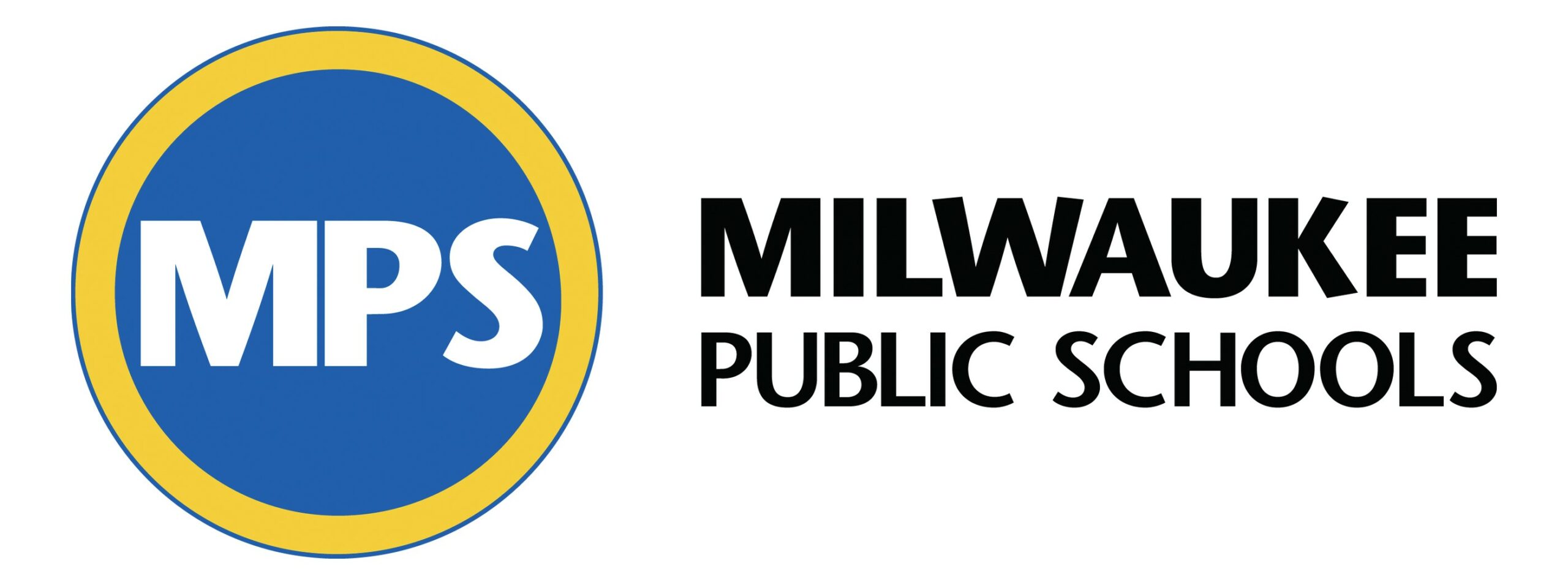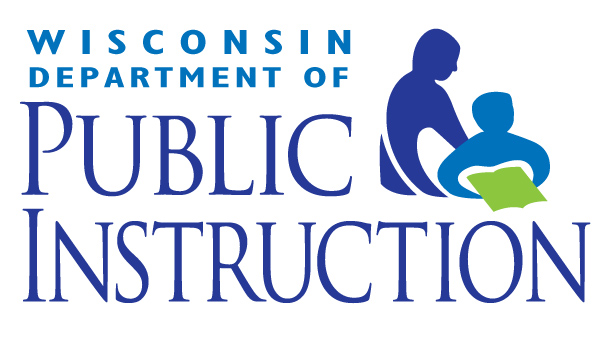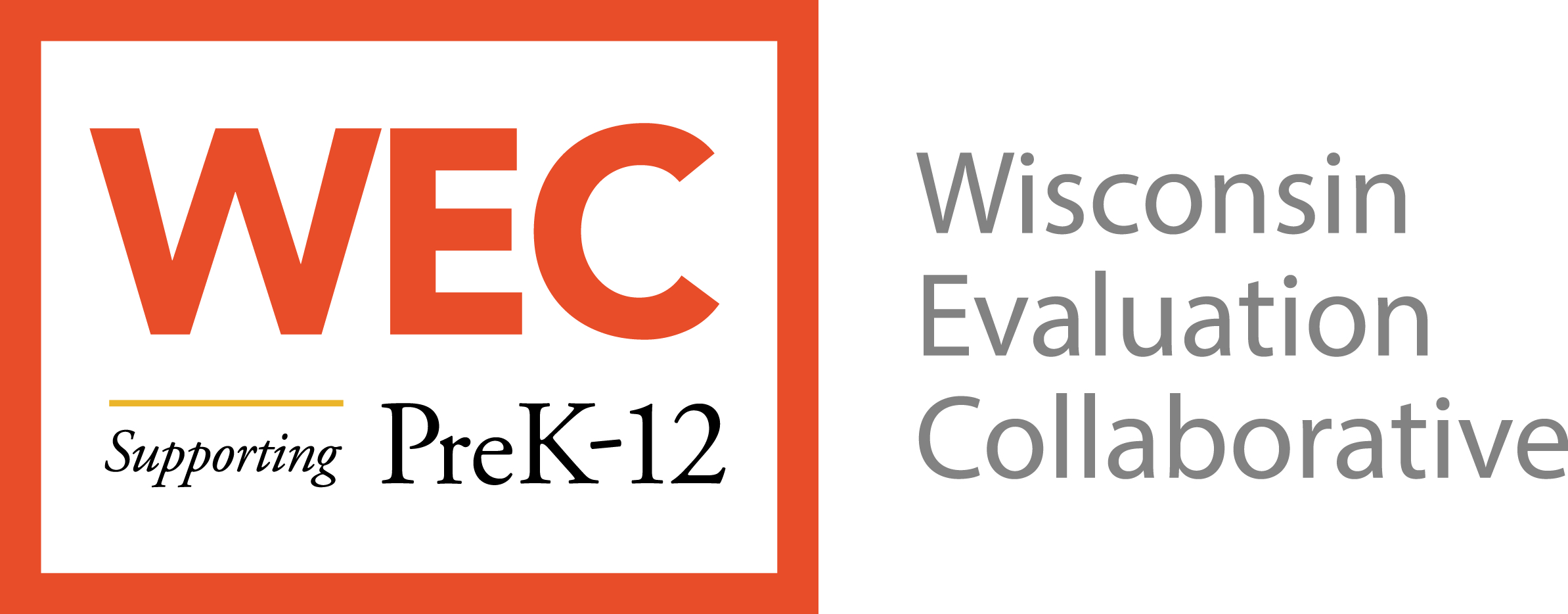WEDSR Survey
Wisconsin Educator Development Support & Retention Survey
WEDSR Survey Results Website
Review state, district, and school results
Essentials of Schools
Essentials of Schools Project aka ESCC

WEERP
Wisconsin Educator Effectiveness Research Partnership
Request Information
Equity-Focused Surveys
Equity Surveys
SREed conducts rigorous evaluations and research on issues relevant to providing students from all backgrounds with equitable education opportunities.
SREed Updates
New interim report shows Future Forward had a positive impact on the reading achievement of students in Alabama.
In the final year of the Education Innovations and Research Mid-phase grant, Future Forward supported the literacy development of students in two Alabama and one Wisconsin school. Through a switched replication research design, half of study participants were randomly assigned to receive Future Forward in the fall and the other half will receive it in the spring. Overall, the results demonstrate that in the fall Future Forward had a positive impact on student reading achievement. This impact was driven by a large impact realized in the two Alabama schools.
SREed releases the evaluation for the Wisconsin Urban Leadership Institute's fourth cohort
Results show how the fourth cohort of the Wisconsin Urban Leadership Institute was implemented with quality and fidelity to antiracist, culturally competent, community-centered principles despite the difficult circumstances presented by the COVID-19 pandemic. Find the first, second, third, and fourth cohort reports here.
The 2020-21 Future Forward Literacy Program: Implementation and Impact During the COVID-19 Pandemic
Future Forward is an early elementary literacy program that integrates one-on-one tutoring with family engagement to support literacy skill-building and the social development of students. In the 2020-21 school year, as part of an Education Innovation and Research (EIR) Mid-Phase grant, the impact of Future Forward on reading achievement was tested with a randomized control study of students in nine schools. Although not statistically significant, the overall impact of Future Forward was estimated at between 0.09 and 0.10 standard deviations, depending on model specifications. A smaller number of schools and implementation challenges, both resulting from COVID-19, hindered our ability to measure the impact of Future Forward. Even considering the reduced power of the study and implementation challenges, we found strong evidence that Future Forward had a positive impact on underserved students facing more challenges learning to read. Future Forward had roughly three times the impact on Black students (0.34 standard deviations, p =.095) and five times the impact on Black male students (0.54 standard deviation, p =.052) than the overall impact. Black male students with more developed reading skills benefitted even more from their participation in Future Forward (0.74 standard deviations, p < .001). View the full report here.









